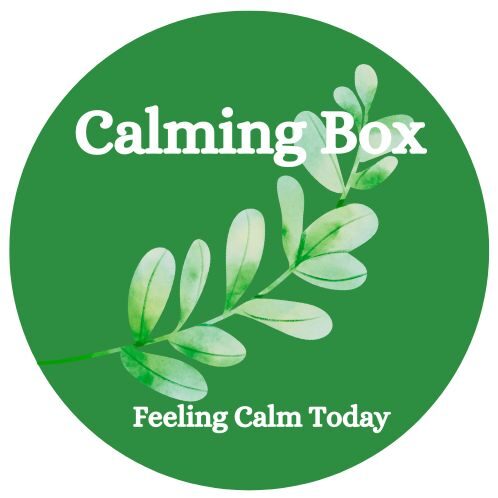Does it feel uncomfortable to say no to someone but also feels uncomfortable saying yes?
Leaving you spinning and with a sick feeling in your stomach?
Let’s talk about the first step which is recognizing why it feels daunting to help you create your sustainable platform of calm.
This guilt arises because, consciously or subconsciously, we have been groomed to use the approval of others as our primary source of happiness. When setting boundaries, we fear losing that approval, which causes a drop in our dopamine levels, leading to discomfort and self-doubt.
Dopamine is a neurotransmitter that plays a role in how we experience pleasure and reward.
When other folks validate us, it triggers a release of dopamine, creating a sense of joy and satisfaction.
Over time, we become dependent on this external validation to feel good about ourselves. This dependence leads to prioritizing others’ needs and desires over our own, creating a cycle where our sense of self-worth is tied to how others perceive us.
When we set boundaries, this dynamic is disrupted. We assert our needs and preferences, which can be met with resistance or disapproval from others. This response leads to a reduction in the external validation we’re used to receiving, causing a dip in our dopamine levels. As a result, setting boundaries can feel uncomfortable and can be associated with guilt because it challenges our established patterns of seeking happiness and self-worth through others.
It’s important to recognize no one is obligated to like it when you express your boundaries. Boundaries are essential for maintaining our well-being, yet the initial discomfort and guilt we feel can be significant barriers to enforcing them. To overcome this guilt, it is crucial to shift our perspective and understand that our value does not depend on the approval of others.
Here are steps to help you navigate this transition:
- Acknowledge the Source of Your Guilt: Recognize your guilt stems from a habit of seeking external validation. Understanding this can help you see why setting boundaries feels uncomfortable and can empower you to make changes.
- Focus on Your Needs: Remind yourself that setting boundaries is about protecting your well-being. It is not about rejecting others but about honouring your own needs and ensuring your interactions are healthy, sustainable, and respectful.
- Practice Self-Compassion: Be kind to yourself as you navigate this process. It’s natural to feel guilty at first, but remember that you deserve to have your boundaries respected. Self-compassion can help alleviate the feelings of guilt and reinforce your commitment to maintaining your boundaries.
- Reduce Dependence on External Validation: Gradually work on finding sources of validation within yourself. Celebrate your accomplishments, acknowledge your strengths, and practice self-affirmation. This shift will help you become less reliant on others’ approval and more confident in your own worth.
- Communicate Clearly: When setting boundaries, communicate your needs clearly and respectfully. This may help reduce potential conflict and increase the likelihood that others will respect your boundaries, even if they don’t like them.
- Seek Support: Surround yourself with people who respect and support your boundaries. Positive reinforcement from a trusted circle can make it easier to maintain your boundaries without feeling guilty.
Setting boundaries is a vital part of self-care, but it can feel uncomfortable when you’re used to relying on external validation. By understanding the psychological factors at play and taking steps to reinforce your sense of self-worth, you can overcome the guilt and establish healthier, more balanced relationships. Remember, your value is inherent, and you deserve to feel safe and respected without depending on others’ approval. Keep building your calming box of peace, contentment and joy on your own terms.
